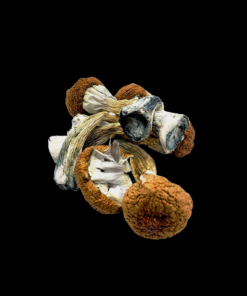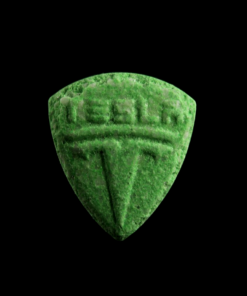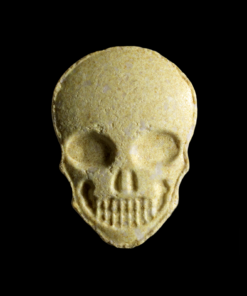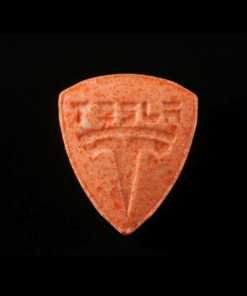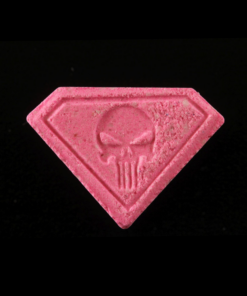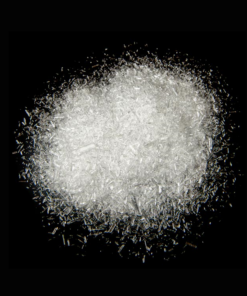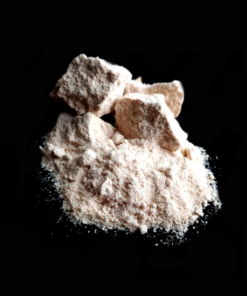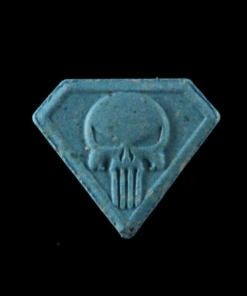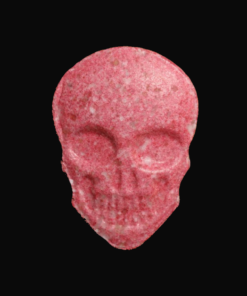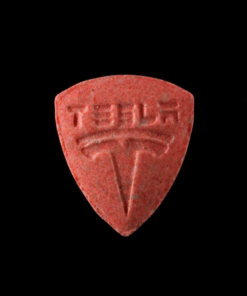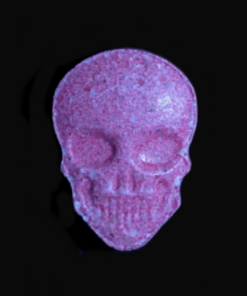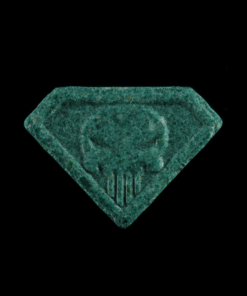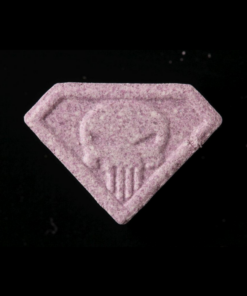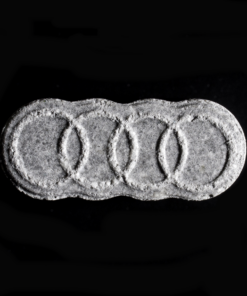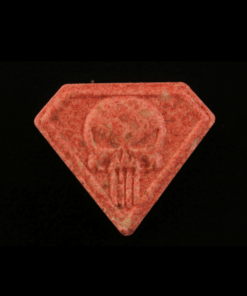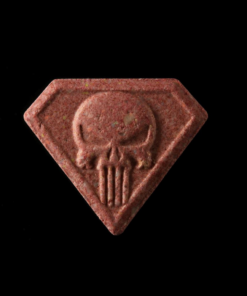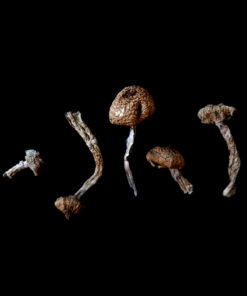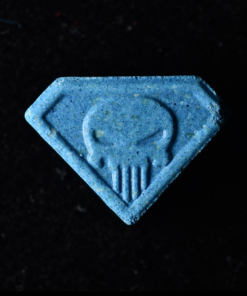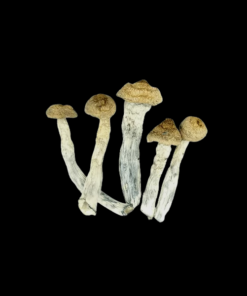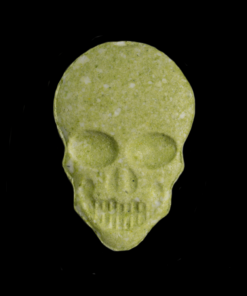No products in the basket.

United Kingdom snorts more cocaine than almost anywhere in Europe!
Indulging in cocaine unveils a dazzling world, amplifying its allure with promises of intrigue and fascination. It elevates not just the surroundings but, more importantly, your very essence.
Picture this: amidst casual conversations in a kitchen, you’d hardly divulge your grandiose ideas, like a fusion of Mighty Boosh and Fleabag, to a stranger. Yet, under the influence of cocaine, you’re emboldened to believe that sharing your unrealized visions is a welcomed pastime, regardless of their existence in reality.
However, there’s a captivating paradox: if your counterpart partakes in cocaine as well, the interaction becomes a delightful exchange where, within four minutes, discussions evolve from whimsical ideas to dissecting the intricacies of a novel’s initial 15,000 words, penned during university days.
Intriguingly, you find yourself genuinely engrossed, delving into plot details, and soon enough, offering to peruse the manuscript, hinting at potential collaboration. It’s a fleeting moment where self-assurance and dopamine blend, momentarily eclipsing the lingering shadows of life’s infinite sorrows.
Behold the brilliance of cocaine – an enigmatic force indeed!
Cocaine, despite its allure, carries the burden of addiction. Fuelled by 2020s trifecta of high purity, low cost, and effortless accessibility, purchasing a packet has never been more enticing. Surprisingly, London and Bristol stand as Europe’s cocaine capitals, surpassing noted party hubs like Berlin, Amsterdam, and Barcelona combined.
Statistics reveal a staggering rise in cocaine usage, with nearly a million individuals (976,000) partaking in England and Wales during 2018/19, up from 613,000 in 2012/13.
As a longstanding member of my social circle for over a decade, I’ve observed a recent shift among renowned enthusiasts who are either bidding farewell to the habit or redefining their relationship with it. I speculate on the reasons behind this trend.
Age plays a pivotal role. At 35, one might assume that the responsibilities accompanying this stage of life would diminish the appeal or feasibility of engaging in late-night escapades that spill into dawn. However, my social circle comprises primarily Peter Pans — eternal adventurers devoid of offspring — navigating professions where sporadic bouts of existential crisis are tolerated twice monthly.

Sometime in October, I decided to part ways with cocaine. Its pervasive presence during nights out had begun to dictate the rhythm of my life, straining relationships, and exacting a toll on my mental well-being. Apart from a brief lapse over Christmas, where personal turmoil led to three instances of use within a week, I have remained steadfast in my resolve.
My success stems largely from strategic avoidance of situations where cocaine is prevalent and being discerning about the company I keep. Therapy proved instrumental, revealing that my indulgence often stemmed from social pressure rather than personal desire. Driven by a cocktail of low self-esteem, feeble self-restraint, and a sense of obligation to join in, I found myself succumbing to its allure time and again, riding the waves of euphoria as long as suppliers delivered.
In declining invitations, I’ve engaged in numerous explanations, primarily centred around mental health. It has become evident that my former comrades in drug use have also embarked on similar paths. In essence, the debilitating anxiety that follows cocaine consumption renders its allure short-sighted at best and perilous at worst.
A notable shift in discourse is apparent, with men openly acknowledging their decision to part ways with substances like cocaine due to its detrimental impact on mental health. This sentiment is substantiated by research revealing that individuals dependent on cocaine exhibit twice the grey matter deterioration compared to their normally functioning counterparts.
Despite a decline in suicide rates (reaching the lowest point since 1981), it remains the leading cause of death for men under 45. My subjective experience reflects a positive trend — a growing willingness among men to admit to vulnerabilities that cannot be alleviated by a mere half-gram of pub grub.
Interestingly, when individuals disclose struggles with mental health, there’s a common response akin to, “I never would have thought they were facing such challenges; they always seemed to have their life together.” Contrary to this perception, we observe that those who candidly discuss mental health issues often harbour deeper, unspoken struggles.
While acknowledging that there isn’t a perfect correlation, it’s noteworthy that, in our privileged corner of the isle, individuals are choosing to relinquish cocaine use. In the midst of a public health crisis surrounding drug-related deaths, these personal anecdotes underscore a broader point.
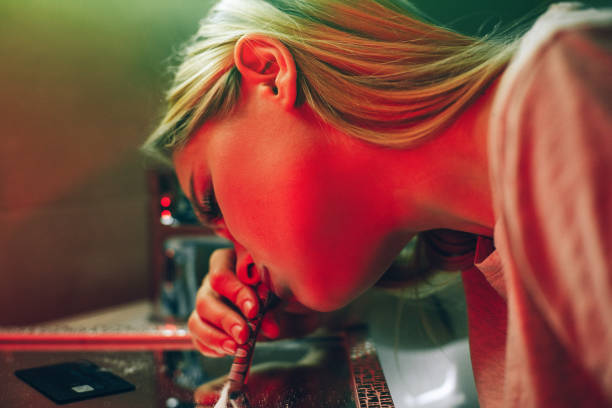
The overarching message is clear: Take care of your teammates. Instead of passing judgment on behaviour, inquire about their well-being when they are in a sober state.
If you notice someone persistently engaging in excessive substance use, even in the face of evident misery, it’s acceptable to express concern, provided it emanates from a place of love.
Let’s not forget, that for a few ephemeral hours (or, in my case, anywhere from 12 to 24 hours), cocaine transforms the world into a glossier realm. Disregard those who claim otherwise; they either lack sufficient experience or, worse yet, harbour a comfort within themselves.
Cocaine undeniably offers a unique and exhilarating experience, unlike the transient script collaborations that vanish as swiftly as the Uber driver taking you home after the party.
Disclaimer: The information provided on this page is for educational purposes only and should not be considered medical advice.

